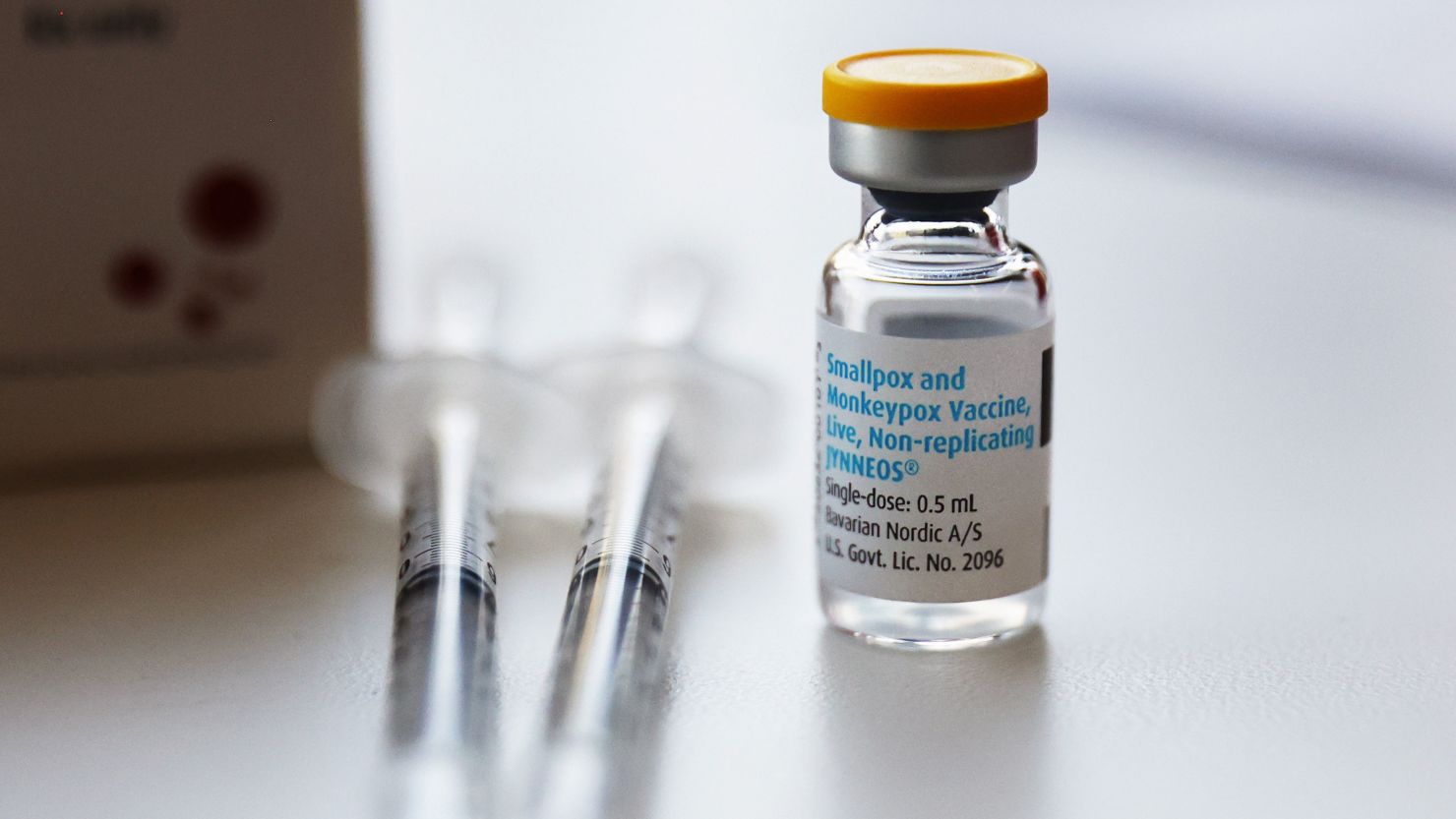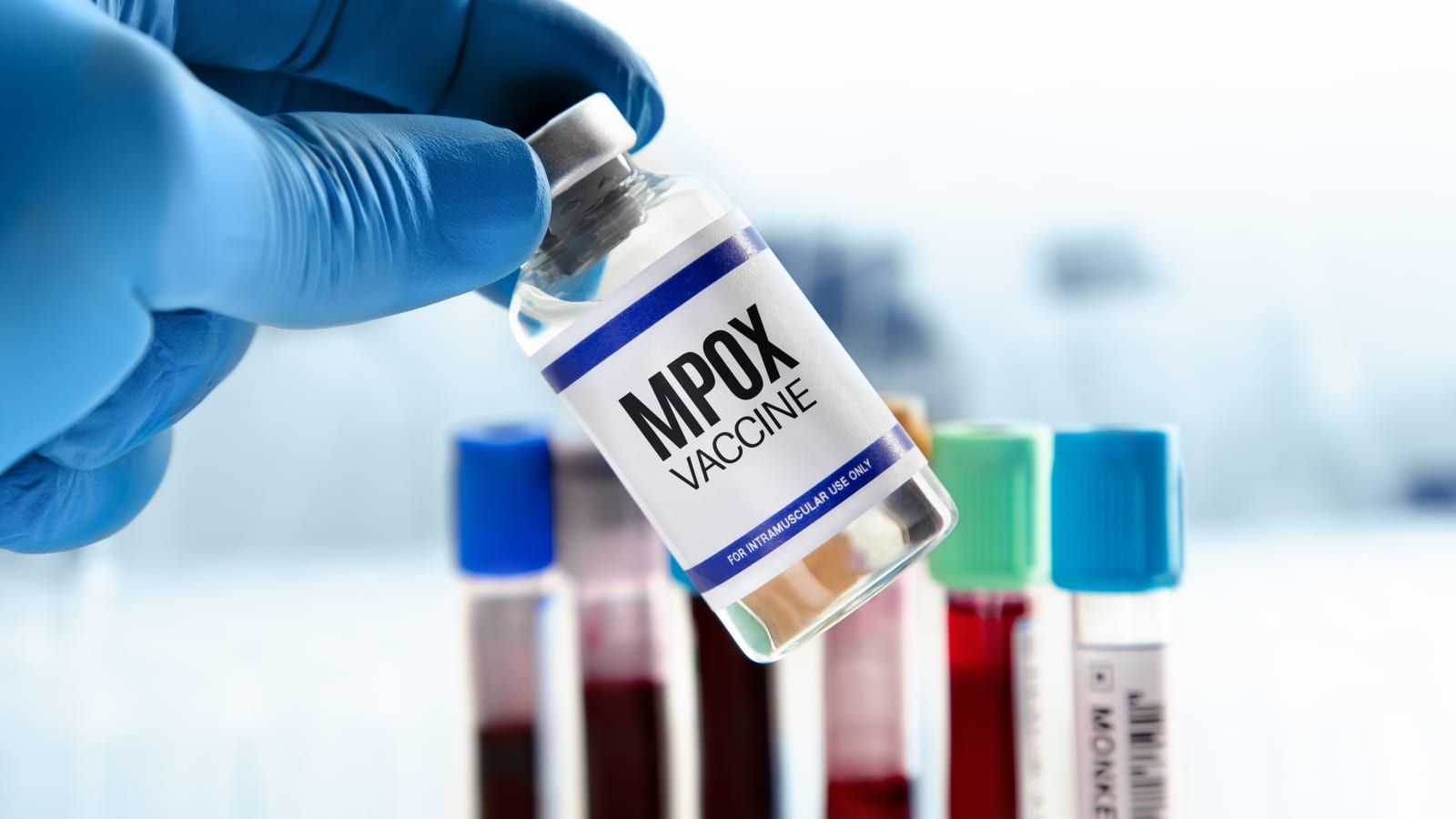Government health advisers emphasized on Wednesday that gay and bisexual men at high risk for mpox infection should continue to get vaccinated against the virus, even as the current outbreak diminishes.
The committee’s recommendation will now be reviewed by the director of the Centers for Disease Control and Prevention (CDC).
If approved, it will be disseminated as guidance to healthcare providers across the United States.
Last year, over 30,000 cases of mpox were reported in the U.S. This year, the number has sharply declined to about 800 cases.
Despite this decrease, any single case is considered an outbreak due to the virus not naturally circulating in the U.S., according to the CDC.
Mpox, previously known as monkeypox, is caused by a virus related to the one causing smallpox.
It is endemic in parts of Africa, where people typically contract it through bites from rodents or small animals.
While the virus was not previously known for easy human-to-human transmission, cases surged in Europe and the U.S. in the spring and summer of 2022, predominantly among men who have sex with men.
Deaths were infrequent, but many individuals endured painful skin lesions lasting weeks.

In the U.S., the primary defense against mpox has been the two-dose vaccine, Jynneos.
It is particularly recommended for gay and bisexual men with multiple sexual partners, recent sexually transmitted infections, or other heightened infection risks through sexual contact.
Approximately 500,000 individuals in the U.S. have received the recommended two doses of the vaccine, constituting about a quarter of those eligible, as reported by CDC officials.
Health officials highlighted that the new recommendation serves as a reminder of ongoing virus presence and potential risks during international travel.
Currently, the average daily number of new U.S. cases ranges from one to four, though some cases may go undiagnosed.
As of September, there have been two reported deaths, totaling 54 since the onset of mpox last year.
San Francisco, which saw over 800 cases last year, has witnessed a significant decrease to an average of one case per month in the first half of this year.
However, cases rose to seven in August, 20 in September, and at least 10 thus far in October.
“Things are much improved compared to last summer,” remarked Dr. Stephanie Cohen, overseeing STD prevention efforts at San Francisco’s health department. “But there are still more cases than we would like to see.”
